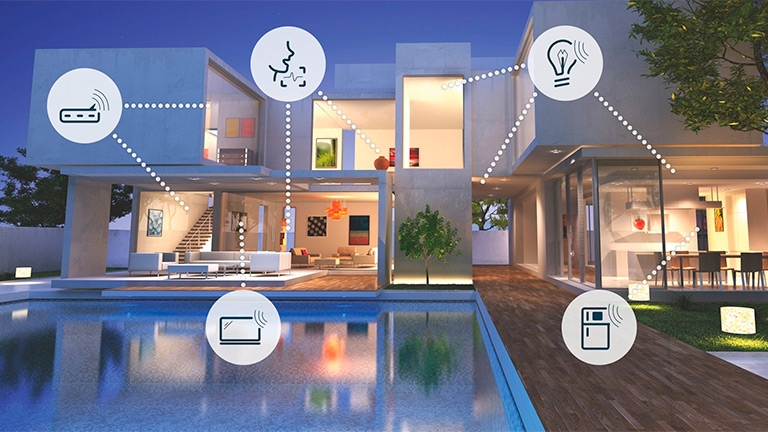As technology advances, homeowners and businesses are increasingly faced with the decision of choosing between smart locks and traditional locks. Understanding the differences and benefits of each can be crucial for making an informed decision that enhances security and convenience.

The Rise of Smart Locks
Smart locks have gained popularity due to their innovative features that offer convenience and heightened security. Unlike traditional locks, which require physical keys, smart locks utilize digital technology, often allowing users to lock and unlock doors via smartphones, keypads, or even biometrics. This level of convenience is a significant advantage for those who frequently lose keys or want to provide temporary access to guests or service providers.
One of the most appealing aspects of smart locks is the ability to integrate them into a broader smart home system. They can be synced with other devices such as smart cameras or smart doorbells, providing a comprehensive security solution. For those interested in learning more about setting up a smart home, this smart home checklist offers valuable insights.
Traditional Locks: A Time-Tested Solution
Despite the technological advancements in smart locks, traditional locks remain a reliable choice for many. They have been used for centuries and are known for their simplicity and dependability. Traditional locks are mechanical, which means they do not rely on electricity or internet connectivity, making them less susceptible to technological failures or hacking attempts.
For businesses or homes in areas with frequent power outages or poor internet connectivity, traditional locks can be a more practical option. They also tend to be less expensive and easier to install compared to their smart counterparts.
Comparing Security Features
When it comes to security, both smart and traditional locks have their strengths and weaknesses. Smart locks offer cutting-edge technology, such as remote access and notifications when someone enters or leaves. However, they can be vulnerable to hacking if not properly secured. It is essential to follow best practices for preventing hacking in smart homes.
Traditional locks, on the other hand, are not susceptible to cyber threats but can be picked or bumped if not of high quality. It is crucial for homeowners and businesses to choose robust and well-reviewed traditional locks to ensure maximum security.
Cost Considerations
The cost of installing and maintaining locks is an important factor for both homeowners and businesses. Traditional locks are generally more affordable upfront, with fewer maintenance requirements. Smart locks, while more expensive, offer long-term benefits such as convenience and integration with other smart devices, which can justify the higher initial investment for some.
For those looking to make an informed decision, understanding the pros and cons of smart devices can provide additional context.
Making the Right Choice for Your Needs
Ultimately, the decision between smart locks and traditional locks should be based on individual needs and circumstances. Homeowners who value convenience and are tech-savvy may gravitate towards smart locks, while those prioritizing reliability and simplicity might prefer traditional locks.
For businesses, the decision may also depend on the level of security required and the need for access control management. In some cases, a hybrid approach, utilizing both smart and traditional locks, can provide a balanced solution that leverages the strengths of each type.

FAQ
Can smart locks be hacked?
While smart locks offer advanced security features, they can be vulnerable to hacking if not properly secured. It is crucial to follow cybersecurity best practices to protect your smart lock system.
Do traditional locks require maintenance?
Traditional locks require minimal maintenance but should be regularly checked for wear and tear. They should be replaced if they show signs of being easily pickable or compromised.
Are smart locks easy to install?
Many smart locks are designed for easy installation, often fitting into existing lock setups. However, some models may require professional installation, especially if integrated into a larger smart home system.

